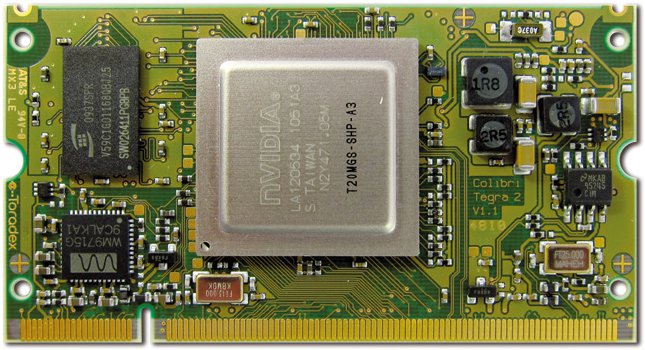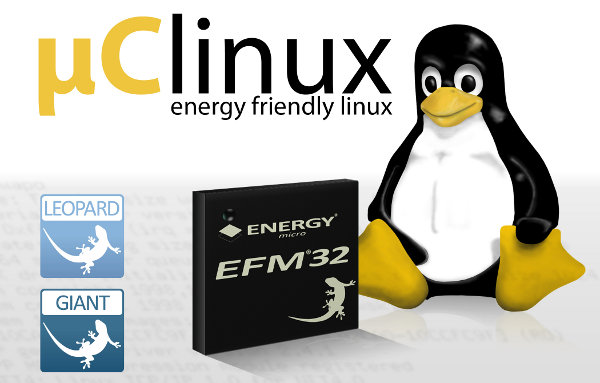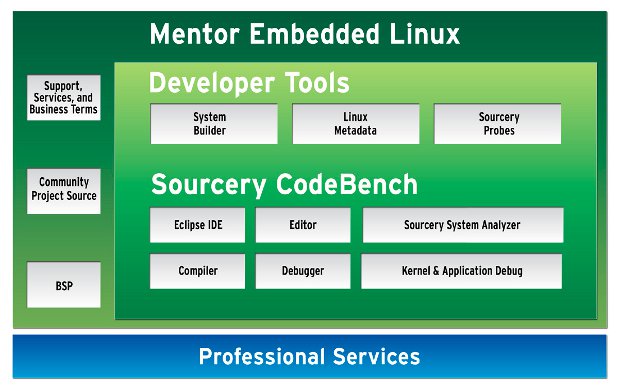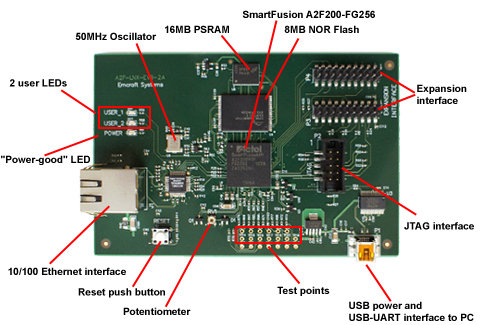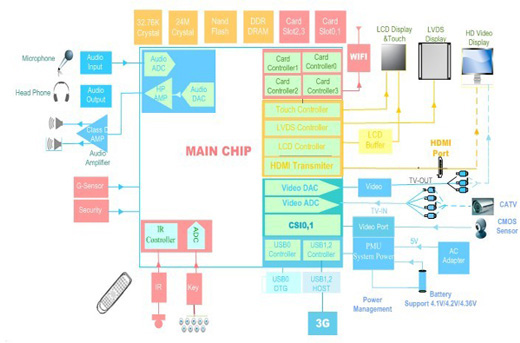Toradex, a Swiss technology company specialized in embedded systems, will be at Embedded World 2012 to showcase their products and technology including: An Embedded Computer Kit with Colibri T20 (Nvidia Tegra 2 Computer on Module) and Iris carrier board. Instant boot demo (480 ms) in WinCE with their NVidia COM The new Colibri T30 COM powered by Nvidia Tegra 3 (Quad-core Cortex A9 processor) At the conference, they will give away 100 Embedded Computer Kits (they also call it “Performance Kit”) based on Colibri T20 and Iris board to the attendees who give 20 Euros to the Red Cross. The regular price of this kit is 200 Euros. This embedded module comes preloaded with Windows Embedded Compact 7 , but you can download the Linux BSP and update the board firmware. The Colibri T20 key features include: Dual Core Nvidia Tegra 2 ARM Cortex A9 Processor @ 1 Ghz 256 […]
armStoneA8: 49 Euros ARM Cortex-A8 Single Board Computer
F&S Elektronik Systeme GmbH, a German company, has announced the armStoneA8 , a Single Board Computer (SBC) based on an ARM Cortex A8 that will be available by the first day of the Embedded World 2012 Conference. The great part is that for a limited period (27 February 2012 to 4 March 2012) you’ll be able to buy the board for 49 Euros on their (yet to be launched) online shop. The board, that comes in PicoITX form factor (100 x 72mm), is powered by a Cortex A8 CPU running at 1GHz and the company provides support for Linux, WinCE 6.0 and Windows Embedded Compact 7. The company says the bootloader, SDK, BSP and kernels are already available with support for DirectX, OpenGL and hardware accelerated GStreamer. The company plans to release the detailed specifications before Embedded World 2012, but in the meantime, I found some PDF about the board […]
Pengutronix uCLinux 3.2 for Energy Micro EFM32 Cortex-M3 Gecko MCUs
Energy Micro and Pengutronix announced that they will be demonstrating µClinux for Cortex-M3 on the EFM32 Gecko range (Leopard and Giant) of MCU during Embedded World Conference 2012 on 28 February – 1 March 2011 in Nuremberg, Germany. Pengutronix’s port of µClinux features the Linux 3.2 kernel, providing the cost and time-to-market benefits of Linux operating system, while maintaining low current consumption of just 1.6mA when in idle mode. The company explains that using µClinux reduces design cycles and accelerates time-to-market by giving the designer access to ready-made system functions such as IP connectivity, file systems, and multi-tasking. Users can also employ the broad range of free software and drivers available as open source, within a robust, portable open source framework. The teaser video (below) shows that the demo platform (Giant Gecko Development Kit?) uses 4 MB of RAM (755 KB used after boot-up) and the MCU delivers 9.07 Bogomips. […]
Mentor Embedded Linux Kits for BeagleBoard and PandaBoard
Mentor Embedded has recently released free Linux Kits for the BeagleBoard (TI OMAP3) and Pandaboard (TI OMAP4) low cost development boards. Both Mentor Embedded Linux (MEL) kits include: Mentor Embedded Linux Lite, a pre-built Yocto-based distribution, including libraries and headers A Linux Board Support Package (BSP) for your reference board A pre-built filesystem for the target Sourcery CodeBench Lite for application development Installation / Application Development Guides Since Mentor Embedded provides the “Lite” version of their kits, some of the tools mentioned in the diagram above (e.g. Codebench IDE, System Analyzer…) are not available in the free kits. After free registration, you can download the 2 kits on Mentor Embedded website: PandaBoard Linux Kit BeagleBoard Linux Kit and you’ll have access to 3 downloads: Mentor Embedded Linux Kit Installer Quick Start guides Source files which are optional. You can get support for the kits via Mentor Embedded Linux mailing list. […]
Linux for Cortex M3 & M4 Microcontrollers
There are plenty of low cost Linux development boards based on Cortex A8 or A9 such as the Beaglebone, as well as some devkits based on ARM7 and ARM9 such as SAM9 development kits , but if your application is cost and/or energy sensitive you can also switch to micro-controllers using Cortex M3 or M4 based development boards such as Emcraft SmartFusion devkits. You can run a functional uCLinux system with 1MB of RAM and 1MB of flash including the TCP/IP stack. You need to use uClinux and not directly Linux, because the Cortex M3 doess not have a Memory Management Unit (MMU) and only a Memory Protection Unit (MPU). This can bring some interesting software development challenges such as (apparently random) kernel panics, the lack of fork, memory fragmentation and more. You can check out http://kernel.org/pub/linux/libs/uclibc/Glibc_vs_uClibc_Differences.txt for the main differences between uClibc and Glibc. The instructions to patch and […]
AllWinner A10/A1X Processor Resources, Development Board and SDK
AllWinner A10 (part of A1X series) is an ARM Cortex A8 SoC targetting multimedia products such as tablets, HD STB or digital signage. It is currently found in some low cost Android tablets such as Momo9C and will be used in Rhombus Tech’s Raspberry Pi alternative. The processor features an ARM Cortex A8 clocked at 1.5 Ghz with a Mali-400 GPU. It can support 1080p encoding/decoding, provides HDMI, Component, Composite, VGA and LVDS video outputs, USB2.0 ports, a SATA 2.0 port and more… Here are the key features of the Allwinner A10: VPU (Video Processing Unit) HD Video Decoding (Super HD 2160P/3D Film) Support all popular video formats, including VP8, AVS, H. 264 AVC, VC-1, MPEG-1/2/4, … HD Video Encoding (H.264 High Profile) Support encoding in H.264 format DPU (Display Processing Unit) MULTI-CHANNEL HD displays Built-in HDMI YPbPr, CVBS, VGA LCD interfaces: CPU, RGB, LVDS up to Full HD Memory […]
5th Linux BSP Release for Snowball Development Board
Igloo Community – the team developing for ST Ericsson Snowball Nova A9500 development board – has released the fifth version of the Linux BSP for the board and this version nearly fully support all features of the board. It can be downloaded at http://igloocommunity.org/download/linaro/images/20111209/. ChangeLog since last release: Based on Linaro Ubuntu 11.11 desktop filesystem Accelerometer and barometer support for all board revisions GPS support Enhancements to the default kernel config (NFS, /proc/config.gz support) Enhanced display support Add support for new connectivity module versions Main supported features: Based on Linux 3.0.0 and the Linaro Ubuntu desktop file system HDMI/DVI-D display support Graphics acceleration with the Mali 400 GPU Bluetooth support GPS support Ethernet and Wireless connectivity microSD card support Sensors (accelerometer, magnetometer, gyroscope, barometer) Limited USB OTG host functionality Features to be included in future releases: Multimedia acceleration Better USB OTG host support Known issues: USB OTG host mode is […]
Embedded Linux Conference Europe 2011
Embedded Linux Conference Europe (ELC-E 2011) will take place on October 26 – 28, 2011 at Clarion Congress Hotel in Prague, Czech Republic. The event will be co-located with LinuxCon Europe 2011 and GStreamer Conference. The day before the official opening of the conference, two tutorials will be offered on Tuesday 25th of October:b Outside the Box: An Introduction to Embedded Linux and Hardware Interfacing Using the Snowball Board – 9:00 – 17:00 – Trainer: Chris Simmonds – Cost: 350 USD. Embedded Android Workshop – 9:00 – 17:00 – Trainer: Karim Yaghmour- Cost: 300 USD. ELCE consists of 3 days of presentations, tutorials and sessions. There will be over 50 sessions during those 3 days. I’ll highlight a few sessions that I find particularly interesting. October 26 10:45 – 11:45 – Linaro’s Android Platform by Zach Pfeffer, Linaro Android Platform team leader. Linaro uses components from the Android Open Source […]


